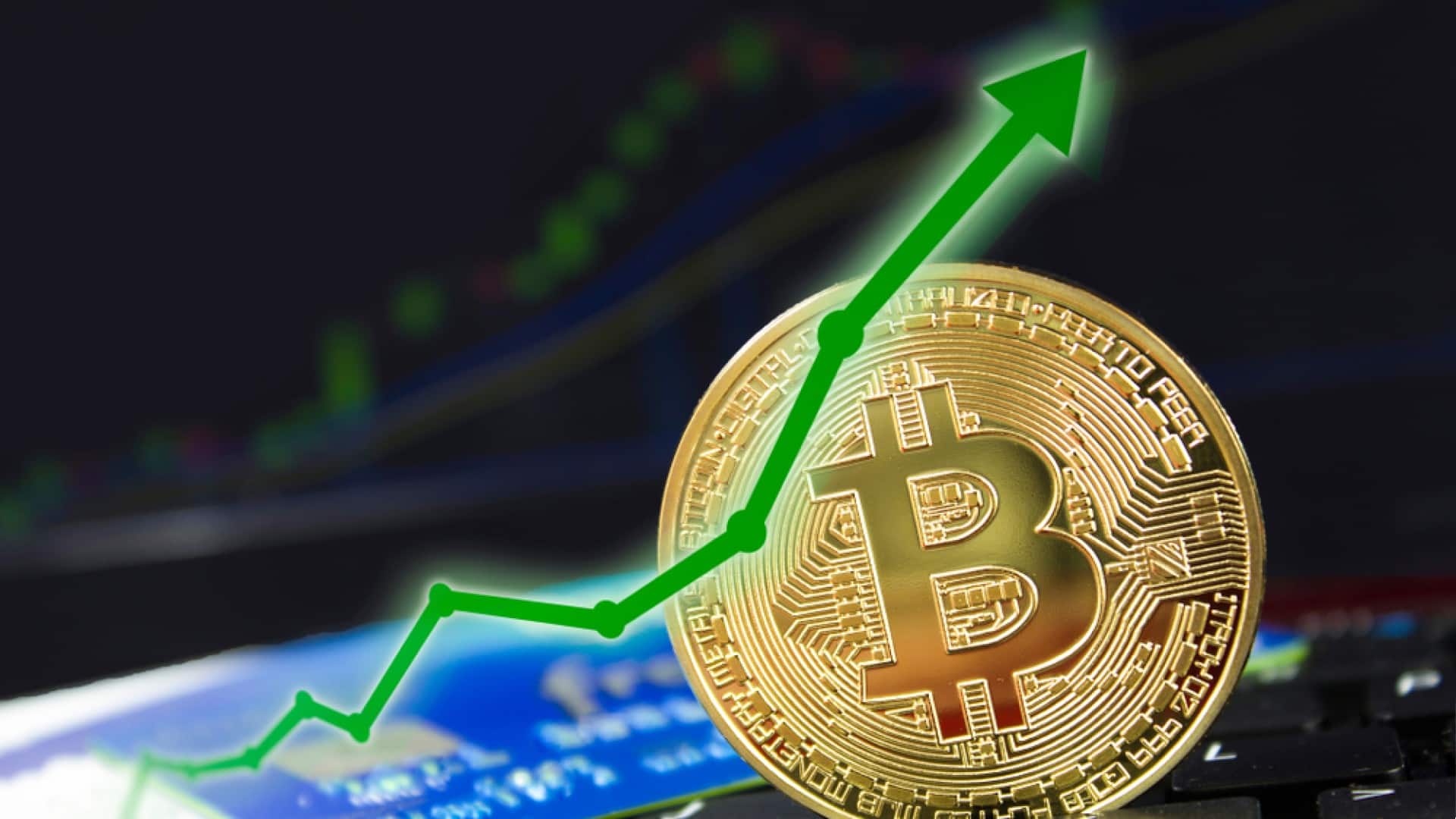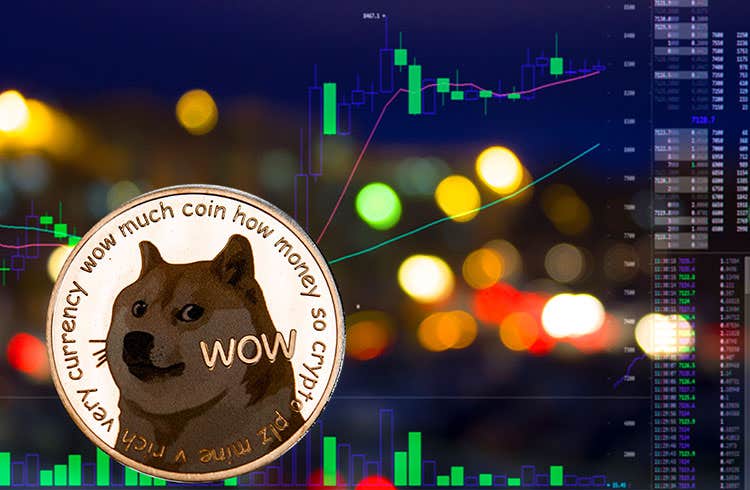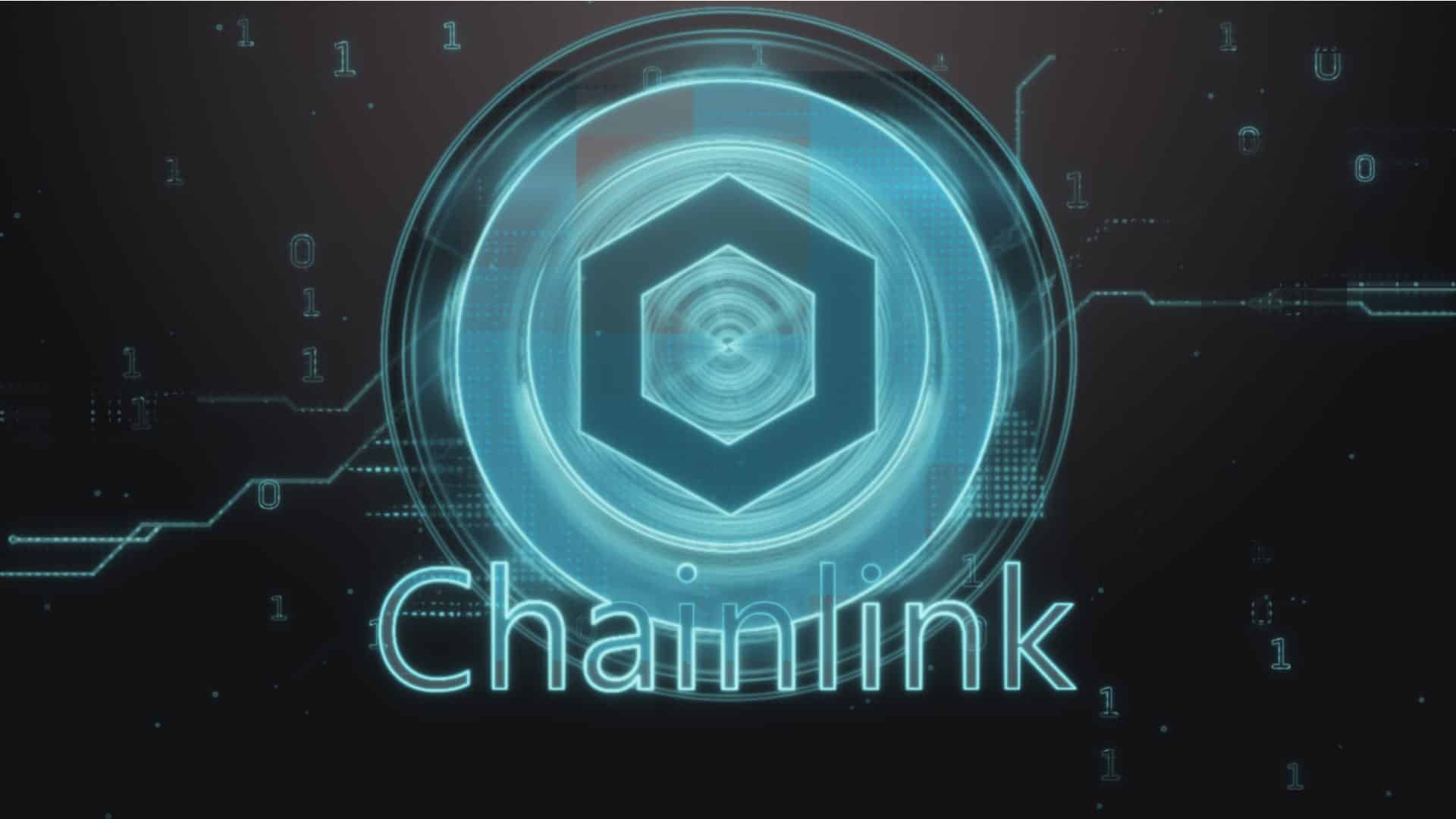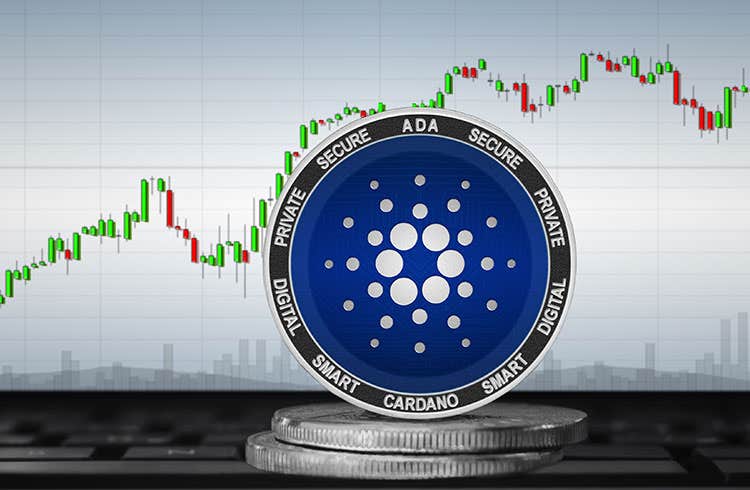The ECB interest rate decision was eagerly awaited on Thursday, March 10th. Beforehand, there was great uncertainty as to whether the ECB would dare to abandon its ultra-loose monetary policy in view of the Russia-Ukraine war.
There is now a little more clarity on this. The central bank will leave the key interest rate at zero, but is scaling back its bond-buying program faster than the market originally expected. In June 2022, the purchases are to be reduced again to 20 billion euros and could even be ended completely in the third quarter. After that, interest rates are to be raised in small steps, according to the Governing Council of the ECB. In view of the Ukraine war, however, they want to proceed cautiously.
The leading German index DAX reacted with fright to a possible end to the purchase programs. However, the winners of the session were German Bunds. Interest rates for ten-year bonds from the Federal Republic of Germany rose by 0.1 percentage points to 0.3 percent.
The ECB is in a dilemma
In theory, the ECB’s decision is paving the way for a turnaround in interest rates. However, the path to get there is extremely rocky, because the head of the central bank, Christine Lagarde, must succeed in keeping the high inflation rates in the euro zone in check on the one hand and on the other hand ensuring that the economy is boosted by lifting too quickly of interest rates, or rather, a too rapid reduction in bond purchases, does not slide into a recession.
This would work as follows: If interest rates rise, it becomes more expensive for both states and companies to (re)finance themselves. This could affect countries in southern Europe in particular, which are barely able to keep their heads above water due to ailing national budgets. If interest rates rose too quickly, these states and a number of companies in these states would be in serious trouble. Many people are now using the word stagflation again. You can find out what this is all about here.
Robert Halver, Managing Director and Head of Capital Market Analysis at , is less than convinced of their sudden turnaround Baader Bank.
The Ukraine war is reflected in an ever more violent wave of inflation. However, despite a slightly more restrictive note, the ECB does not do justice to its original task as a breakwater. With great support from (financial) politicians, it is clearly promoting the economy.
USA: Consumer prices are exploding
A little later the message from the USA. As the US Department of Labor announced, consumer prices rose compared to the same month last year 7.9 percent. At the same time, this is the strongest price increase since 1982. High energy costs continue to be a major price driver. Due to the sanctions against Russia, raw material and energy prices are likely to remain at a high level and possibly even increase further. The persistently high rates of inflation are also increasingly putting the US Federal Reserve under pressure to fulfill its mandate of price stability. In a hearing on March 3, Fed Chair Jerome Powell therefore advocated a rate hike of 0.25 percentage points. However, an increase of 0.50 percent should not be off the table yet due to the extremely high inflation rates.
While the global stock markets are giving up again after the reports, the precious metal gold continues to show its strength and was up around 0.7 percent after the CPI data was published. The BTC price has so far been unimpressed. There was also a lively discussion in the BTC community on the subject of inflation and what this could mean for BTC. Below is a small excerpt:
Dan Held, marketing director at the trading platform Kraken, raises the question in a tweet how one can still not own BTC in view of such high inflation rates.
Cameron Winklevoss also reacted with horror to the data from the US Department of Labor. He provocatively compares BTC to a kind of immunity that can protect you from the disease of money printing and the resulting inflation.
4 play-to-earn games are standing out for recent announcements
- Is Dogecoin on the Verge of Explosive Growth? Experts Predict a 1,000% Surge - January 15, 2025
- PEPE Price Analysis and Prediction – January 14, 2025 - January 15, 2025
- Washington Post: Trump to sign new bitcoin legislation on first day in office - January 14, 2025























